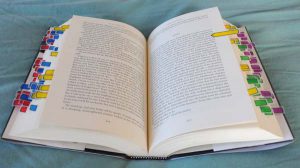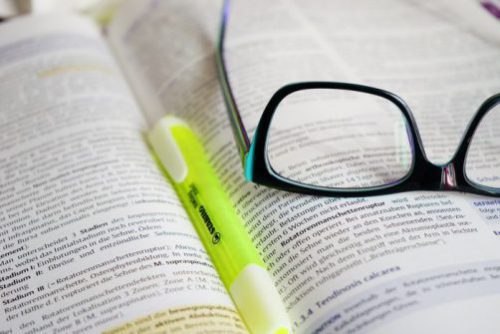Only when a textbook is designed by educators according to the curriculum – people who know what goes on in the classroom and what is comparable between curriculums as far as level of achievement is concerned, only then can a textbook can help students learn well. However, even if there is research in the field of textbook and which curriculum is the best, publishers are not interested in that because their customers are not interest in that. The publishers’ customers are the teachers, who usually are very resistance to change. Therefore, curriculum matters that would have had the maximum impact on current students – in fact, on the whole education system – are more often than not ignored by them. If they do not believe in change, then the publisher certainly will not, as that will make the venture of textbook publication significantly less profitable. The majority of teachers rule out any ‘extremes’. If they find that research-based programs are too unfamiliar – and hence too difficult – to teach, they will veto against it. The result will be continuation of the old and worn-out curriculum on old and worn out textbooks, depriving the pupils of a world-class textbook experience.
Sometimes, primary school teachers prefer textbooks that the students will find to be more fun, thus reducing their creative requirement to engage the attention of a class full of energetic children. The result might be a textbook with lots of colorful pictures, but little content. Sometimes, cost of the textbook becomes a factor as well. The school authorities might prefer a textbook that has the lowest price especially in third world countries where primary education sometimes is free, but even then burdened with substantial other expenses. Therefore, the publication that offers the most free materials get to supply the books, even if it compromises the standard of education in the long-term.
 Even if there is an institution which appoints an expert committee on textbooks, this committee typically focuses on the accuracy of the content material rather than whether the said textbook will further the long-term education goal of the students. Therefore, even if the book contains facts, it becomes boring for the students, and as a result, education suffers.
Even if there is an institution which appoints an expert committee on textbooks, this committee typically focuses on the accuracy of the content material rather than whether the said textbook will further the long-term education goal of the students. Therefore, even if the book contains facts, it becomes boring for the students, and as a result, education suffers.
The UNESCO has a standardization of textbooks and how they should be applied in classrooms, but it is rarely followed by any of the educational institutions. Their Education 2030 emphasizes on the design of inclusive learning and the contents of the textbook, it looks like we are a long way to go before we adopt that model.

